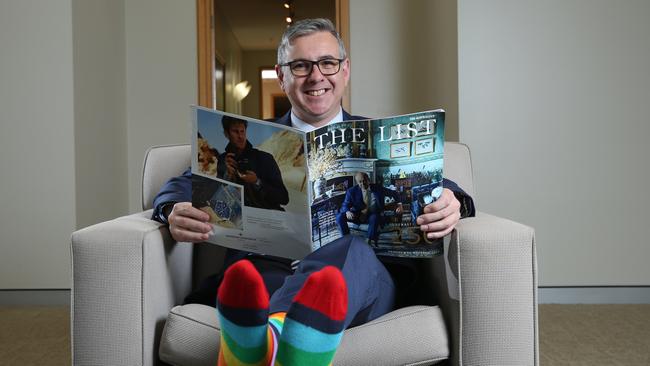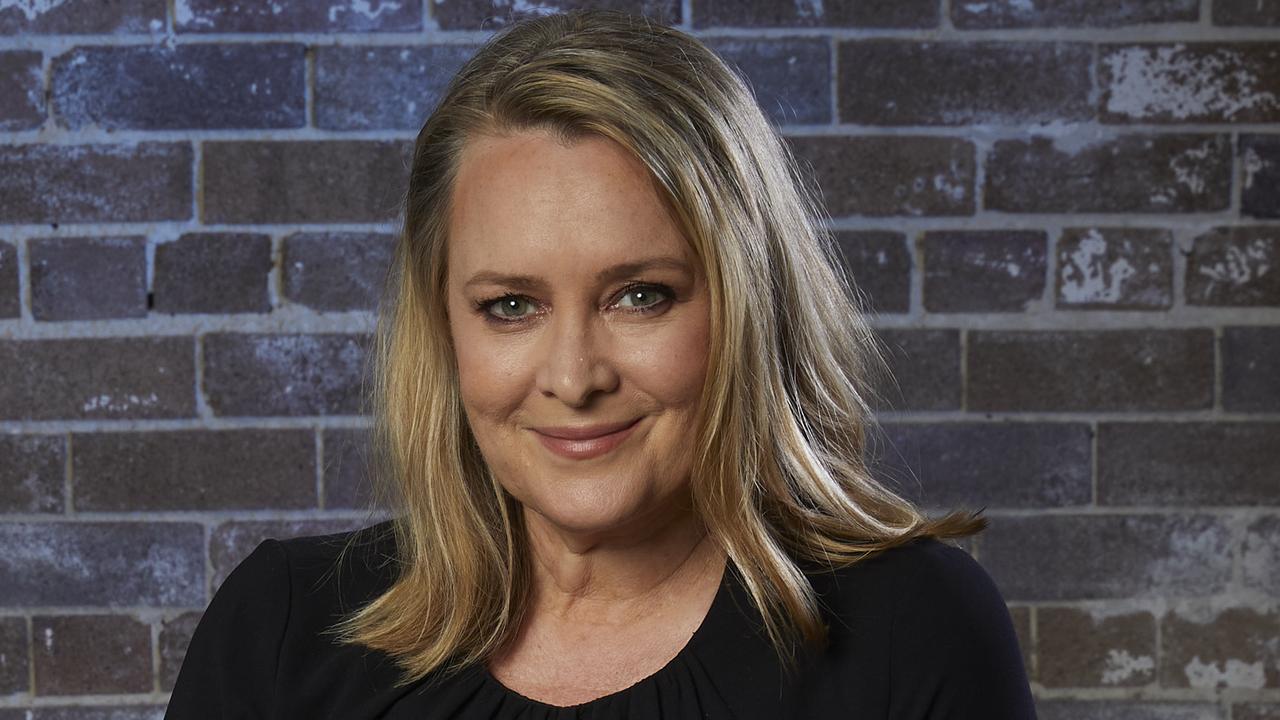The List: ‘They are wired differently to most people’
John Stensholt, editor of The List, discusses what it takes to be there and what it says about those who make it.

It’s billed as the most comprehensive study of wealth in Australia. What does The List tell us?
It is a bit of an anthropological study, really. It tells us what industries it takes to be successful in, where you should go to university (or not), which states generate more successful entrepreneurs and probably most shamefully how hard it is for women to make really big fortunes. There is a wealth glass ceiling, too.
You’ve covered this subject for a long time. What have you learned about the super-rich and what has changed?
You learn that success is not a straight line. So many of them almost go out of business, come close to losing it all, and there’s quite a lot of them that start with nothing. You also learn that money can’t buy happiness. There’s a lot of people on The List who have issues.
How do you measure these people’s wealth? Don’t they want to keep it secret?
There’s a few really distinct places to have your wealth: the stockmarket, your private company and property, mostly. The first one and the last one are easiest to find, the middle one can be hard at times and surprisingly easier at other times.
I reckon at least 80 per cent of the list talk to us on background about their wealth! The List is a scorecard of their success, I think, and most of them read it.
What sort of people don’t want to be on the list?
I’ve got threatening letters or notes from lawyers and chief financial officers of those that hate the list, that’s for sure. But most grudgingly admit to having a substantial fortune.
How much work goes into compiling the list? What is the hardest part?
It would take three-four months to compile. I get a team of researchers to help to crunch the numbers — all financial whizzes — and then I write it all up. The hardest part is arguing over the last few ones that don’t want to be on it.
The List almost ended up with 249 names (kidding!)
How much of the list owe their wealth to luck and our near-three decades of unbroken economic growth versus graft and brilliant ideas?
There’s actually not a lot of “old” wealth on the list. Sure, there’s a few in industries that have been protected by government over time and plenty of property magnates, but there’s so many migrant success stories for example — both post-World War II and more recently — and an emerging band of people who have made their money via the internet and other technology.
Any names that have surprised you in the billionaire ranks or that might surprise us?
People are always surprised how wealthy Clive Palmer is ($4.51 billion) but the $US66 million royalty cheque he gets each quarter sure helps. I’ll go for husband-and-wife team Shesh Ghale and Jamuna Gurung, migrants from Nepal who met via an arranged marriage and have gone on to build an education and property empire in Australia.
The publication features some amazing photographs of the billionaires. What sort of promises did you have to make to convince them?
Jerry Schwartz did wear a tuxedo in his 25m Sydney harbourside pool. I’m wondering who picked up the dry-cleaning bill for that one …
96 billionaires sounds like a lot more than most people could name. Are there any common threads in how they made and kept so much money?
It is mostly sheer persistence. They are wired differently to most people.
Harry Triguboff is 86 and has no intention of quitting. He is the rule rather than the exception when it come to The List.
It’s been billed by The Australian’s Margin Call column as the Stensholt index. Will you be publishing daily updates?
My dad is upset it isn’t called the Stensholt Index, and the lovely Shesh Ghale did ask nicely whether that was what it was really going to be called.
The thought of a daily update is exhausting.



To join the conversation, please log in. Don't have an account? Register
Join the conversation, you are commenting as Logout